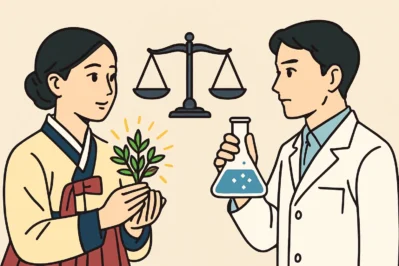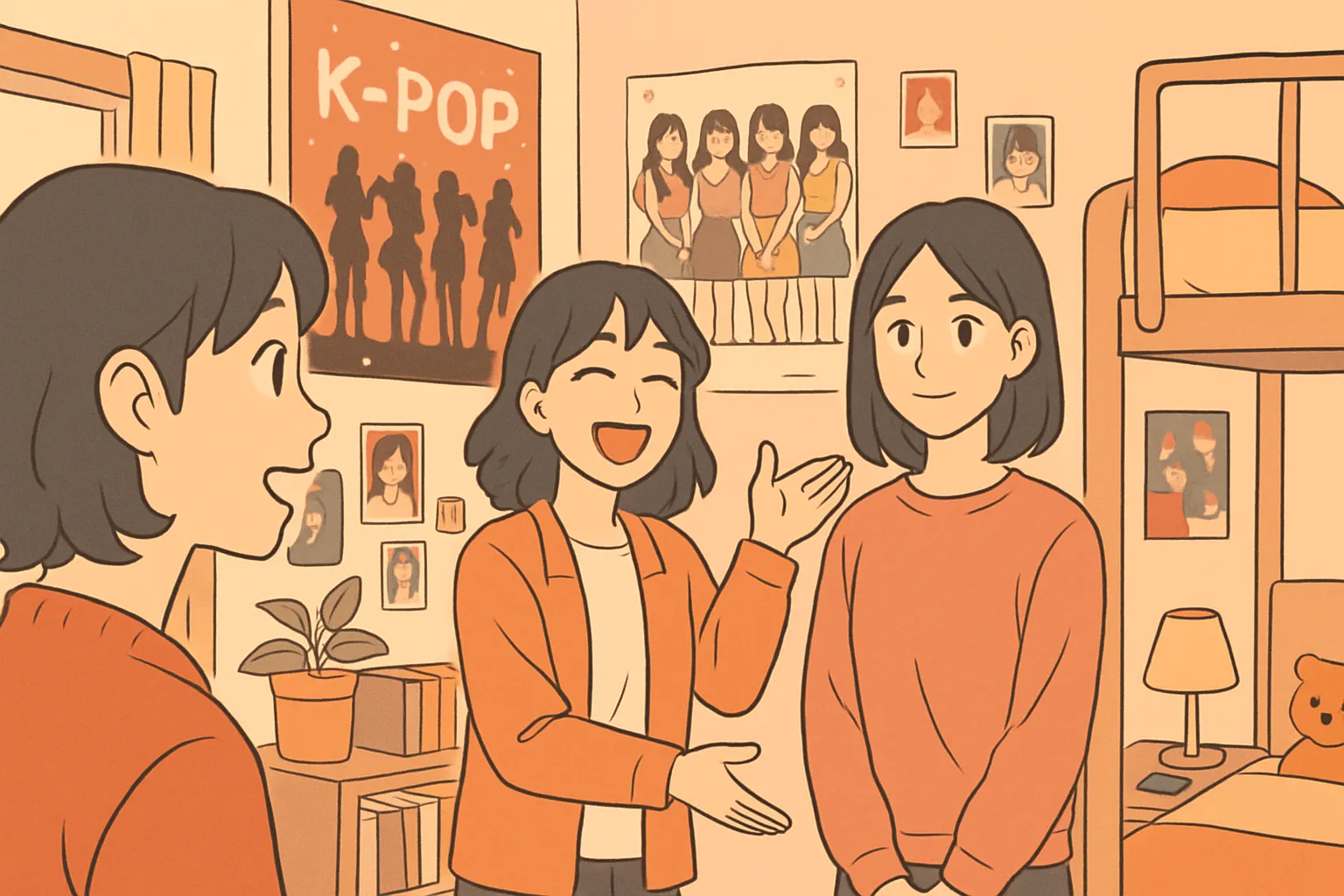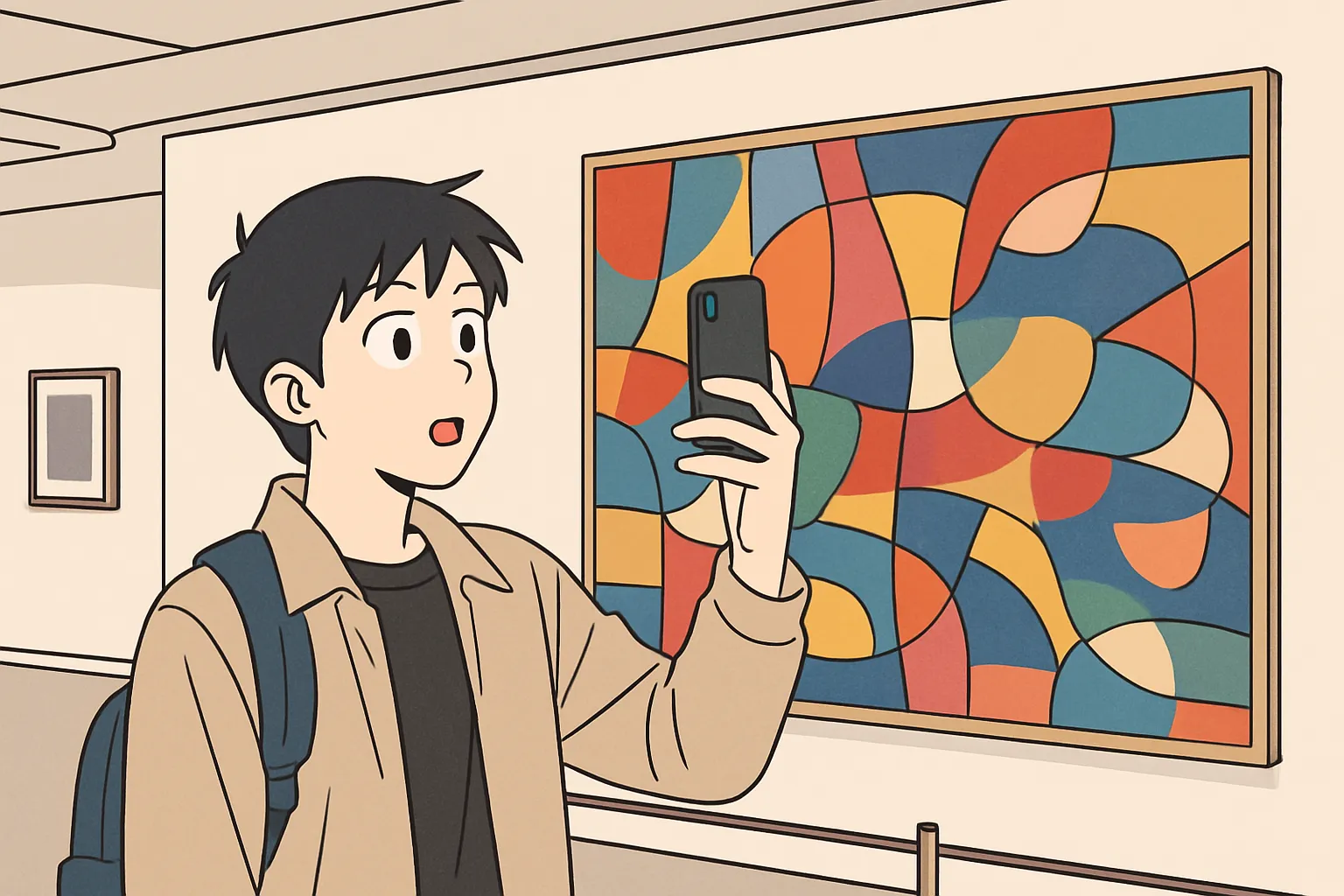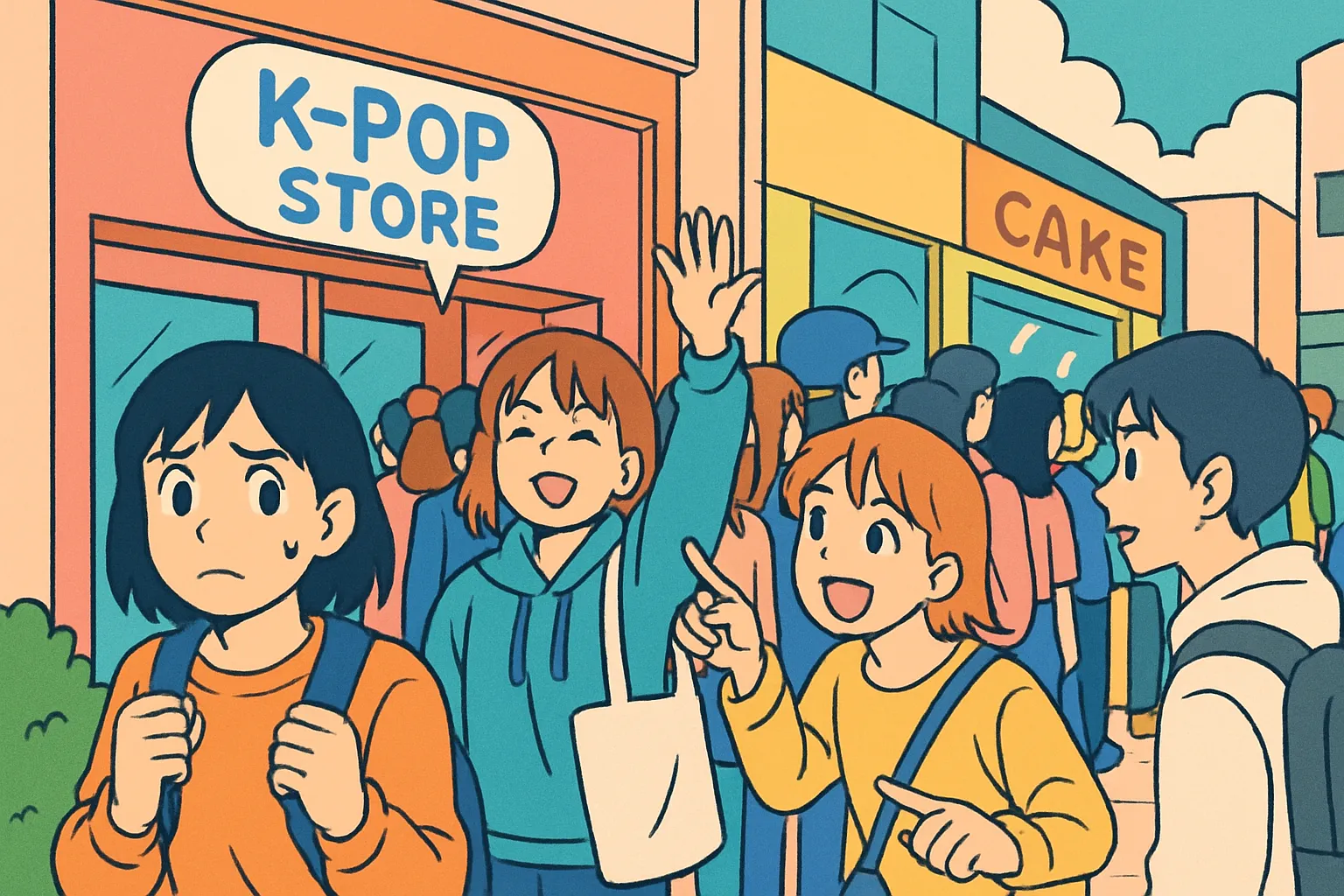Korea’s Wellness Debate: Talking Alternative Medicine Like a Pro
Hello! Welcome to Maeil Hangul, your go-to spot for upgrading your Korean skills!
Today, we’re diving into a sophisticated and highly relevant topic: discussing complementary and alternative medicine in Korea. This is a perfect theme for C1 learners who want to engage in deeper conversations about health, culture, and differing viewpoints. Recently in Korea, there’s a massive trend towards “wellness” (웰니스) and holistic health. From traditional herbal medicine clinics to modern meditation apps, people are exploring various ways to care for their well-being. Knowing how to discuss these topics will not only make your Korean sound more advanced but also give you a deeper insight into contemporary Korean society.
Let’s get started!
Core Expressions for Your Discussion
Here are some key phrases you’ll need to navigate a conversation about complementary and alternative medicine (CAM).
1. 보완대체의학 (Bo-wan-dae-che-eui-hak)
- Romanization: Bo-wan-dae-che-eui-hak
- English Meaning: Complementary and Alternative Medicine (CAM)
- Detailed Explanation: This is the formal, technical term for this field. Let’s break it down: 보완 (complementary), 대체 (alternative), and 의학 (medicine). You’ll see this term in news articles, academic papers, and formal discussions. It covers a wide range of practices outside of conventional Western medicine, including Korea’s own highly developed system of traditional medicine, Hanuihak (한의학).
2. ~에 대해 의견이 분분하다 (~e dae-hae ui-gyeon-i bun-bun-ha-da)
- Romanization: ~e dae-hae ui-gyeon-i bun-bun-ha-da
- English Meaning: Opinions are divided on ~ / It’s a controversial topic.
- Detailed Explanation: This is a fantastic C1-level phrase to express that a topic is subject to debate. 의견 means “opinion,” and 분분하다 is a verb that means “to be divergent or split.” It’s a much more sophisticated way of saying “사람들 생각이 달라요” (people have different thoughts).
- Example: 보완대체의학의 효과에 대해서는 전문가들 사이에서도 의견이 분분합니다. (Even among experts, opinions are divided on the effectiveness of CAM.)
3. 과학적 근거가 부족하다 (Gwa-hak-jeok geun-geo-ga bu-jok-ha-da)
- Romanization: Gwa-hak-jeok geun-geo-ga bu-jok-ha-da
- English Meaning: It lacks scientific evidence.
- Detailed Explanation: This is a crucial phrase for expressing a critical or skeptical viewpoint. It consists of 과학적 (scientific) + 근거 (basis, evidence) + 부족하다 (to lack). This is a common argument you’ll hear in debates about the validity of certain alternative treatments. It carries a formal and objective tone.
4. 개인의 선택을 존중해야 한다 (Gae-in-ui seon-taeg-eul jon-jung-hae-ya han-da)
- Romanization: Gae-in-ui seon-taeg-eul jon-jung-hae-ya han-da
- English Meaning: One must respect an individual’s choice.
- Detailed Explanation: This phrase allows you to take a moderate and respectful stance in a debate. 개인 (individual) + 선택 (choice) + 존중하다 (to respect). By using this, you acknowledge the validity of someone’s personal decision, even if you don’t fully agree with the underlying principle. It’s a key skill for high-level communicative competence.
Example Dialogue
Let’s see how these expressions work in a real conversation.
A: 민준 씨, 요즘 건강 관리는 어떻게 하세요? 저는 최근에 명상 앱을 사용하기 시작했어요.
(Minjun, how are you managing your health these days? I recently started using a meditation app.)
B: 아, 그러시군요. 저는 가끔 침을 맞으러 한의원에 가요. 그런데 보완대체의학에 대해서는 사람들마다 의견이 분분하더라고요.
(Oh, I see. I sometimes go to a traditional Korean medicine clinic for acupuncture. But I’ve noticed that opinions are divided on complementary and alternative medicine.)
A: 맞아요. 어떤 사람들은 과학적 근거가 부족하다고 비판하기도 하죠. 효과가 입증되지 않았다는 이유로요.
(That’s right. Some people criticize it, saying it lacks scientific evidence, because its effectiveness hasn’t been proven.)
B: 저도 그 점은 인지하고 있어요. 하지만 현대 의학으로 해결되지 않는 부분에 도움을 받는 사람도 있으니, 결국 개인의 선택을 존중해야 한다고 생각해요.
(I’m aware of that point, too. However, since some people find it helpful for issues not resolved by modern medicine, I believe one must respect an individual’s choice in the end.)
Culture Tip & Trend Deep Dive
In many Western countries, alternative medicine is strictly on the fringe. But in Korea, the situation is much more nuanced.
Traditional Korean Medicine (한의학) is part of the system!
Unlike elsewhere, Hanuihak is an officially recognized and institutionalized part of Korea’s national healthcare system. There are dedicated universities for it, licensed traditional doctors (hanui-sa, 한의사), and many treatments like acupuncture (침) and moxibustion (뜸) are even covered by national health insurance. It’s common to see a modern hospital and a traditional hanui-won (한의원) clinic right next to each other.
The Modern Wellness Trend:
The debate in Korea isn’t just about tradition. The younger Z and Millennial generations are driving a new wellness boom. They are exploring everything from “tea therapy” (티 테라피) cafes in Seoul to mindfulness retreats. This new wave often blends traditional Korean concepts of balance with modern, global wellness trends, creating a unique and dynamic health culture. When you use today’s phrases, you’re tapping right into this fascinating and ongoing cultural conversation.
Let’s Review and Practice!
Great job! Today we learned how to discuss the complex topic of 보완대체의학 (CAM) at an advanced level. We practiced phrases to express that 의견이 분분하다 (opinions are divided), to point out when 과학적 근거가 부족하다 (scientific evidence is lacking), and to affirm that 개인의 선택을 존중해야 한다 (individual choice must be respected).
Now, it’s your turn to practice!
- Fill in the blank:
이 치료법은 효과에 대한 ( ______________ )가/이 부족해서 아직 신뢰하기 어렵다.
(This treatment method is still difficult to trust because it lacks ______________ regarding its effectiveness.) -
Your Opinion:
What is your opinion on CAM? Write a short response in Korean using at least one of the expressions we learned today. (보완대체의학에 대한 당신의 생각은 어떤가요? 오늘 배운 표현 중 하나를 사용해서 짧은 의견을 남겨주세요.)
Leave your answers in the comments below. We’d love to hear your thoughts! See you next time at Maeil Hangul






